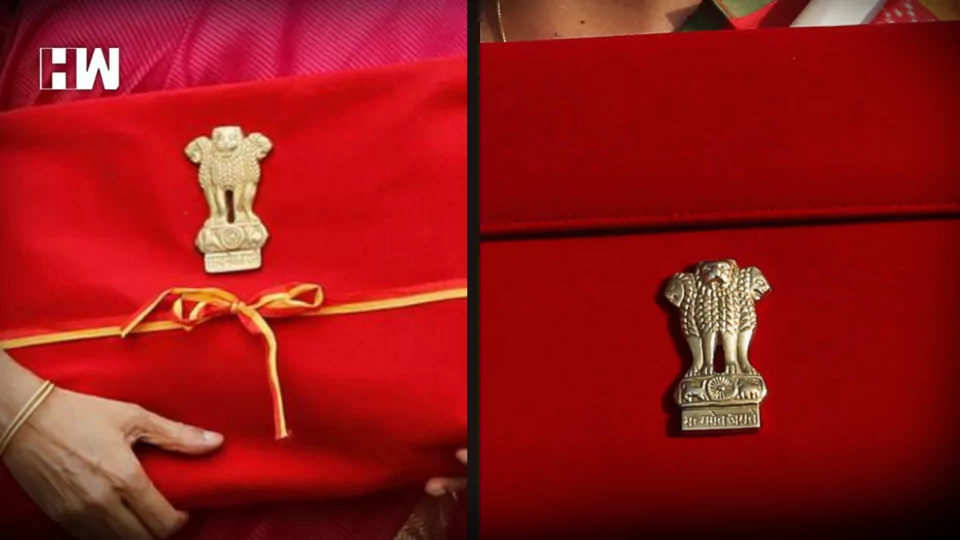Mumbai: The Capital Investment Outlay for the third time in a row is being increased. Finance Minister Nirmala Sitharaman announcing the Budget said, “Capital investment outlay is being increased steeply for the third year in a row to Rs 10 lakh crore. The increased capital outlay for infrastructure to crowd in private investment.”
Speaking of steps to enhance ease of doing business, Nirmala Sitharaman said, “More than 39,000 compliances have been reduced and more than 3,400 legal provisions have been de-criminalized to improve ease of doing business.”
“National Data Governance policy will be introduced which will enable access to anonymized data,” Sitharaman added.
“KYC process will be simplified,” says Nirmala Sitharaman.
Speaking of Railways, Finance Minister said, “Government will have Capital outlay of Rs 2.40 lakh crore for railways in next financial year. This figure is nine times higher than the 2013-14 Budget.”
Speaking of the Jandhan scheme, Sitharaman said, “As many as 47.8 crore Jan Dhan accounts have been opened so far, a scheme which was launched in 2014 as a national mission for financial inclusion. The Jan Dhan Yojana was announced by Prime Minister Narendra Modi in his Independence Day address in 2014, and it was launched on August 28 in the same year.”
Speaking of green growth Finance Minister said, “Target to reach green hydrogen production of 5 MMT by 2030. Rs 35,000 crore allocated towards achieving net zero goal & energy transition.”
Also Read: Why India’s Budget Is Called A Union Budget? Which Law Plays A Key Role In Government Expenses?
PAN will be used for common identifier for all digital systems of specified government agencies says Nirmala Sitharaman. She said, “There will be a one-stop solution for the reconciliation of IDs maintained by various government agencies, the minister said. PAN will be used as a common identifier for all digital systems of specified government agencies.”
Speaking of commercial disputes, Finance Minister said, “The government will bring another dispute resolution scheme under Vivad Se Vishwas-2 to settle commercial disputes.”
The middle class in India is naturally seeking some type of income tax reduction. The restriction under 80C, which covers investments in life insurance, fixed deposits, bonds, housing, and public provident funds, had been under consideration by the Finance Ministry. If this occurs, it will promote saving and aid those whose savings were depleted at the height of the COVID-19 pandemic in building rainy day money.
As an independent media platform, we do not take advertisements from governments and corporate houses. It is you, our readers, who have supported us on our journey to do honest and unbiased journalism. Please contribute, so that we can continue to do the same in future.

